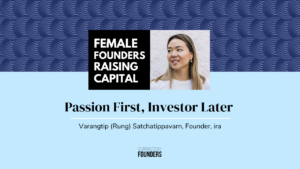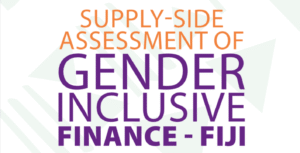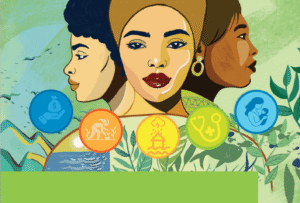

written by
EVIE CHOMCHUEN
Passion First, Investor Later: Female Founders Raising Capital in Thailand
Thailand is ranked fourth in Southeast Asia for the best startup ecosystem following Singapore, Malaysia, and Indonesia. And throughout 2021, the country has also seen a significant increase of investment totalling 642.7 billion baht (19.5 billion USD) from the combined value of foreign and local investment pledges – a 59% increase from the previous year.
While venture capital firms are active in the market, the Thai government has also introduced income tax exemptions for investments in Thai startups through individuals, companies, and cooperate venture capital (CVC) to boost the startup growth. The move to waive tax is expected to drive funding for local startups up to 320 billion baht (9.3 billion USD) by 2026.
As the ecosystem develops, women entrepreneurship is key to boosting economic stability, sustainable development, and innovation. But due to a complex mix of institutional, cultural, and economic factors, many female founders raising capital in Thailand find it challenging as capital flows to female-led businesses remains low.
According to the IFC of the World Bank Group, women own about half of Thailand’s 3.1 million enterprises: micro, small and medium. And about 50% of these roughly 1.5 million women-owned businesses are considered either financially or fully constrained. For the female founders, this means they either cannot access capital or can only do so with limitations.
To better understand the challenges that women entrepreneurs face in accessing capital, Connecting Founders engaged with several female founders who shared their unique journeys raising capital in Thailand.
“Passion first, Investor later ” – Varangtip (Rung) Satchatippavarn, Founder and CEO, Ira

A Femtech entrepreneur, Rung is the founder of Ira – a developer of biodegradable and organic sanitary pads. Launched in 2020, the business started off as an online subscription platform for monthly sanitary pads and later expanded onto offline market following customer preference.
Being an early-stage company offering Southeast Asia’s most biodegradable option for sanitary pads, Ira attracted high interest from investors but ultimately, she decided to pass on these opportunities and chose to prioritize her company’s social mission instead.
Ira’s mission is more than just selling pads. It is to break period stigma and create awareness on universal hygiene care. But this was difficult to defend with investors, who thought that period activism “is not sexy enough”. According to Rung, potential investors tried to tone down the company’s stance to make it ‘more marketable’ and that’s when she realized they were not the right match to do business with and decided to look for funding elsewhere, even if that meant growing at a much slower pace.
In 2021, Ira joined an accelerator program and received a grant from the Japanese government of about 30,000 USD which she used to fund manufacturing and production costs.
Rung said there are opportunities outside venture capital that might be more suitable for enterprises with a strong social mission, like Ira.
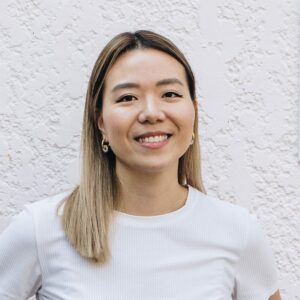
She encouraged entrepreneurs to explore government grants, corporate pitching events, individual or international investors, and social development programs to find the right agencies who value the same goals.
When the market still shies away from talking about the most basic nature of a woman, Rung said, it is with no doubt why female founders find raising capital challenging. Whenever it is getting difficult, she urged female founders to stay empowered and remember why they started.
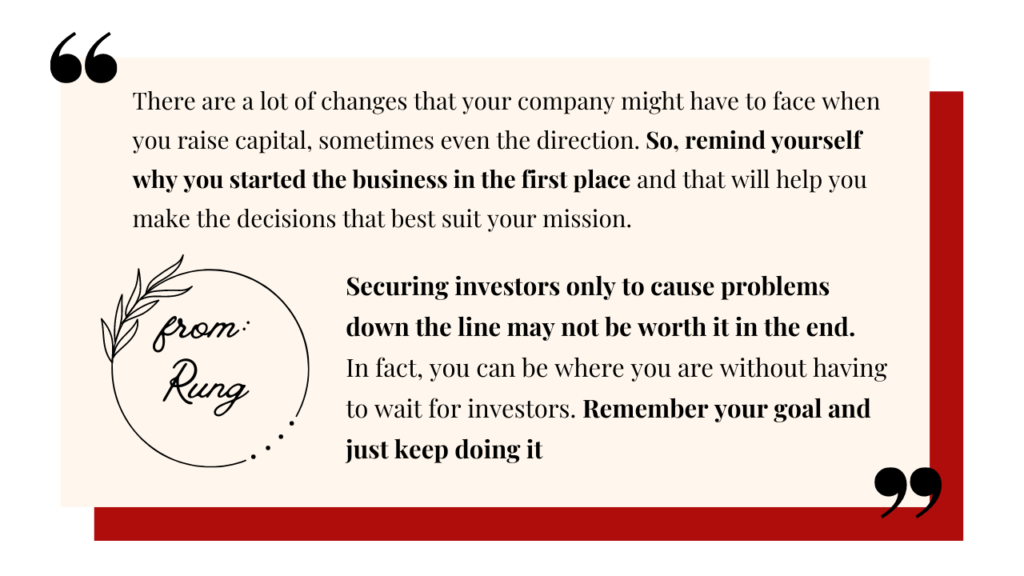
Read more from the Female Founders Raising Capital series: Connections Get Your Foot in the Door

